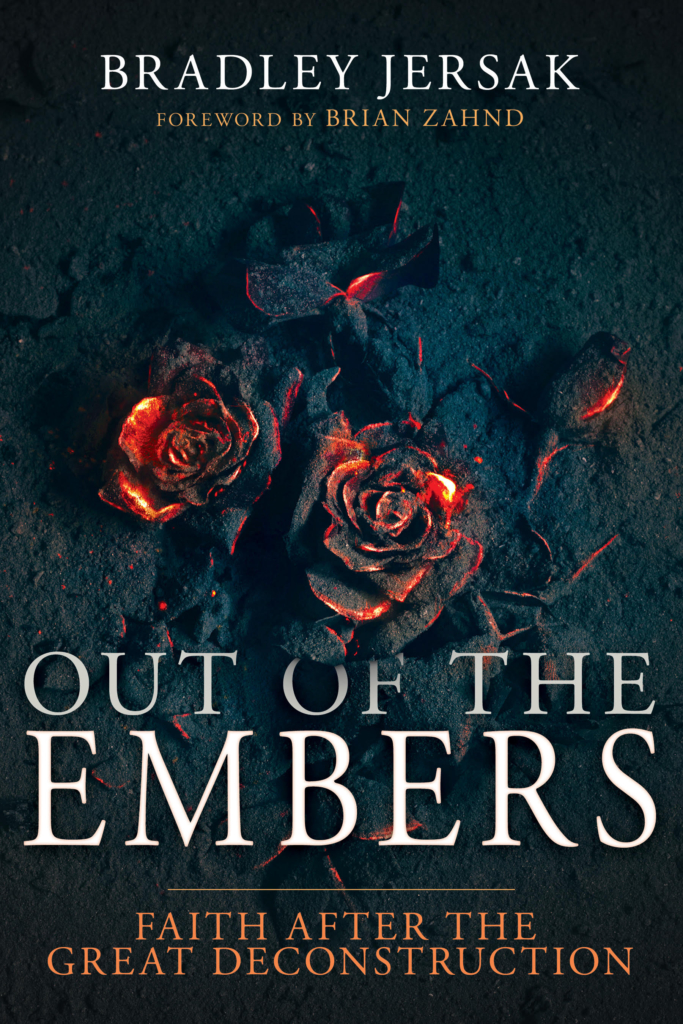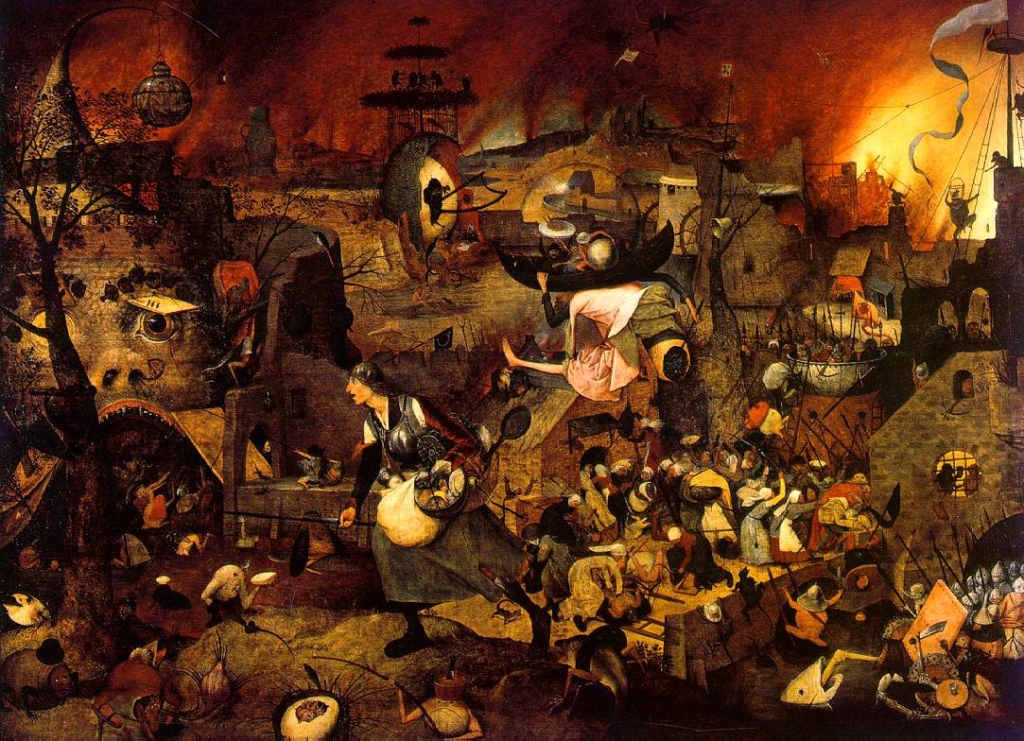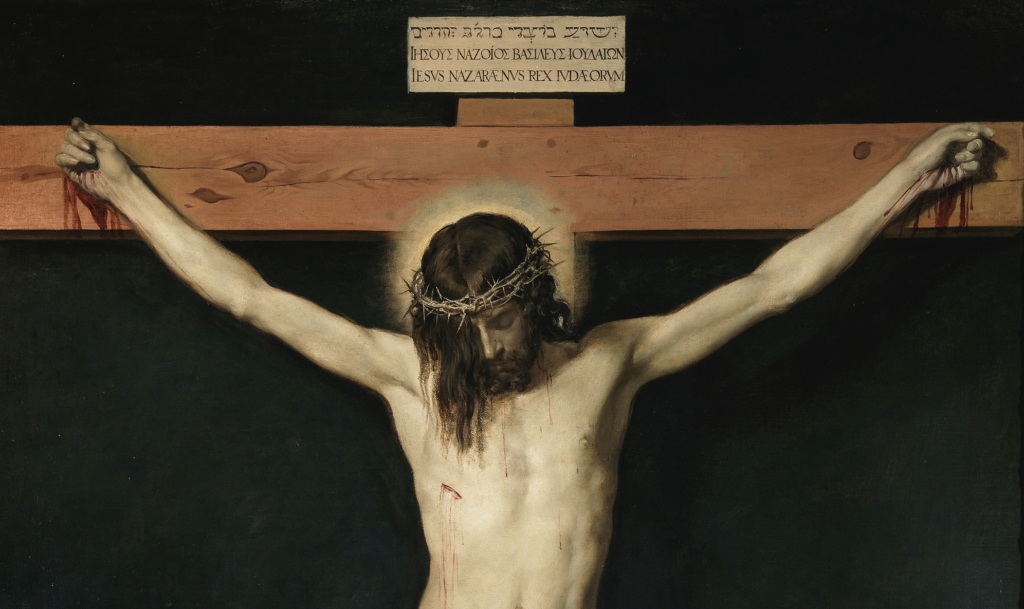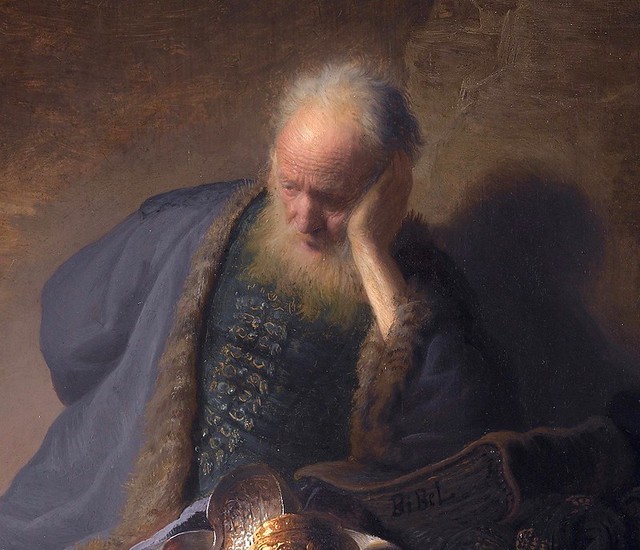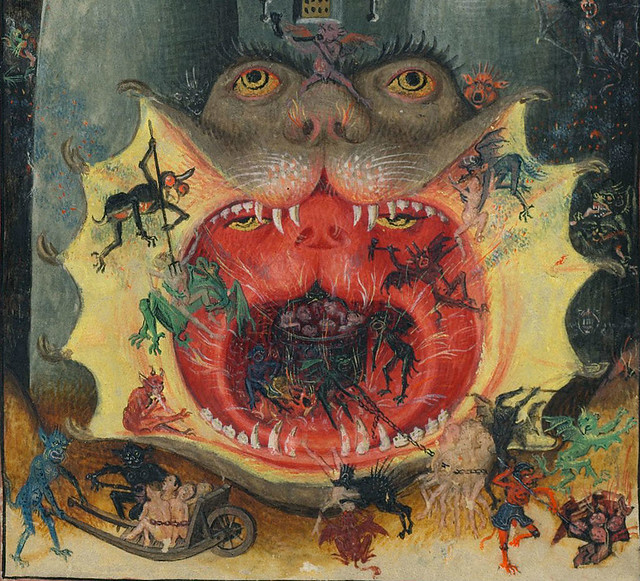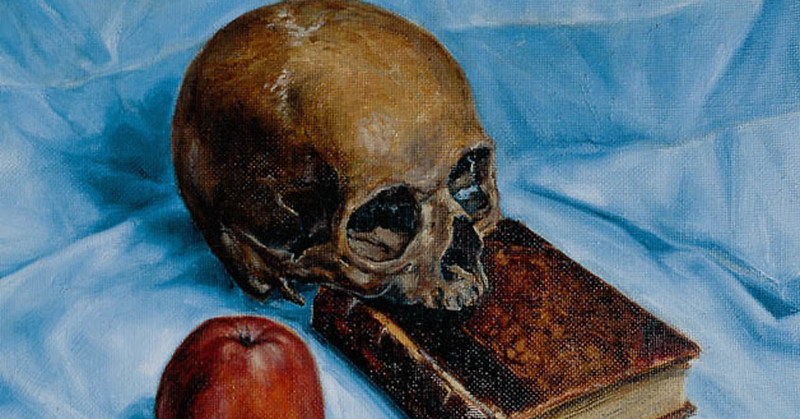My Mystical Encounter with Wonder

My Mystical Encounter with Wonder
Brian Zahnd
(This mystical encounter with wonder occurred twenty years ago today. It was life-changing.)
Art is often an attempt to recapture the wonder that is in the world when seen through the eyes of innocence, the eyes of a child. Wonder is so much more than empty amusement or an evening’s entertainment. Wonder is an essential ingredient if life is to be made livable. Wonder is the cure — the cure for life-killing boredom. Wonder is the drug — the natural drug without which people may turn to narcotic drugs. Sure, most people bravely soldier on without wonder, and even do so without drug addictions and self-destructive behavior. But is that the point of life? To soldier on long after the thrill of living is gone? That’s not life — that’s life with all the wonder crushed out of it and compressed to mere existence. Wonder is what we’ve lost. Wonder is what we miss. Wonder is what we want. Wonder is our hidden Narnia into which we long to step and explore.
Years ago I was thinking about these things while on a family vacation in the Rocky Mountains. During our long hikes I would muse on the role of wonder in finding satisfaction in life. One evening I found myself alone at sundown in the high country on a ridge well above tree line. A thunderstorm had passed through a little earlier and was now rumbling off to the east. What was before me as I looked to the west was a masterpiece sunset over the Never Summer Mountains. I wanted to thoroughly absorb the beauty that was on full display before me, so I sat down on the alpine tundra in that numinous world which the naturalist Ann Zwingler describes as “a land of contrast and incredible intensity, where the sky is the size of forever and the flowers are the size of a millisecond.” I remained in solitude until I was joined by seven bull elk who ambled up the ridge to where I was sitting. As the elk grazed they were aware of my presence, but entirely unconcerned. Then, just as the orange orb of the sun was touching the snowcapped peaks of the Never Summer Mountains, the largest of the elk drew closer, looked at me, and then lifted his head in such a way that his massive antlers formed a perfect frame for the majestic sunset in the distance. It was an encounter with such rare beauty that I can only describe it as sacred. Wonder rushed into my soul and I felt the full thrill of being alive. I prayed — “God, I want to live my whole life in a constant state of wonder.” Then God spoke to me.
Read more

